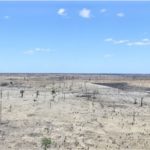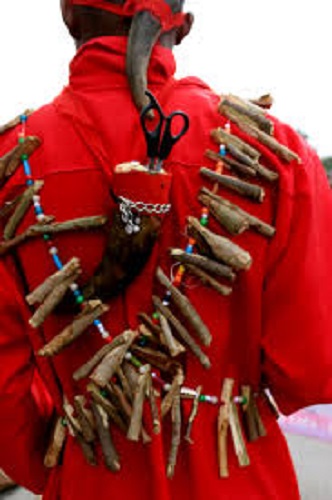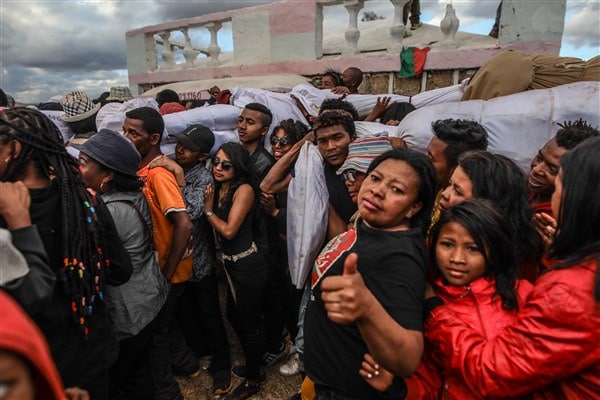Bushfires and deforestation in Madagascar
Why does Madagascar burn every year?
In recent months, the Amazon has been at the center of all debates. The fires and bushfires that are destroying the lungs of the earth are causing a real mobilization of the media and governments. The whole world has  their eyes on South America. At the end of August 2019, an image from a NASA satellite was released, and it seems that Africa is also burning in a very disturbing way.
their eyes on South America. At the end of August 2019, an image from a NASA satellite was released, and it seems that Africa is also burning in a very disturbing way.
And if we refer to the image captured by the satellite, it is clear that Madagascar does not seem to escape the fires.
But then what is it really? Is Madagascar burning too?
Why does no one talk about it?
In Madagascar, fires, commonly known as bushfires, are not new. They have always been used to satisfy the needs of the population and have become part of daily life.
Although the 
NGOs and the government are stepping up awareness and reforestation efforts in an attempt to reverse the deforestation/reforestation curve. It should be noted that Madagascar has lost 45 % of its forests in just 60 years.
What are the causes of deforestation in Madagascar?
Wood is still used by 90% of households for energy through firewood and charcoal. Most households have neither the means nor the opportunity to switch to electricity, gas and even less to renewable energy.
Beyond the energy needs of wood, Madagascar burns because of logging. Under combustion 
Then the soil on the land that has been cultivated for several years becomes impoverished and the harvests become poorer and poorer. Then there is another important factor: the demographic curve is rising alarmingly.
The population is then forced to find new land, which he in turn will clear by the burning method. This cycle of perpetual renewal of the land, combined with the increase in the needs of the population, dangerously accelerates this deforestation and bushfires.
In addition, some of these fires that are poorly managed get out of control and turn into a blaze that destroys a large portion of the forest.
What are the consequences of this deforestation?
The consequences for biodiversity are catastrophic. 90% of the species in Madagascar are endemic. Even more, some species are micro-endemic, meaning they exist only in a very specific area of the country. This 
Furthermore, in the case of cultivated land that has been abandoned due to impoverished soils, it is very difficult or impossible to reforest. In the southwestern regions, the regeneration of flora is very slow due to regular periods of drought.
So, is Madagascar on fire?
Yes, Madagascar, like many African countries, is burning in the bush for mainly agricultural or energy reasons, and the consequences are catastrophic for both the country's biodiversity and greenhouse gas emissions.
Although we cannot deny that the poor governance of the country in question is responsible for these deforestations, banning bushfires and fires is not in itself a solution. It is important to offer the population an alternative solution in the first place.
Since the new government are very significant
Of course, this cannot restore the lost biotope but it is still a very good alternative to the absolute stagnation of the previous governments.
We can remember one last time that the only source of energy possible today for a majority of the population is charcoal and that agriculture by burning remains a main source of income.
It is difficult to explain the consequences that this deforestation will have in 50 years when the main concern of a poverty stricken population is to survive another day. Today, it seems almost impossible to stop the burning and logging, at least until an alternative solution is found for these populations.













